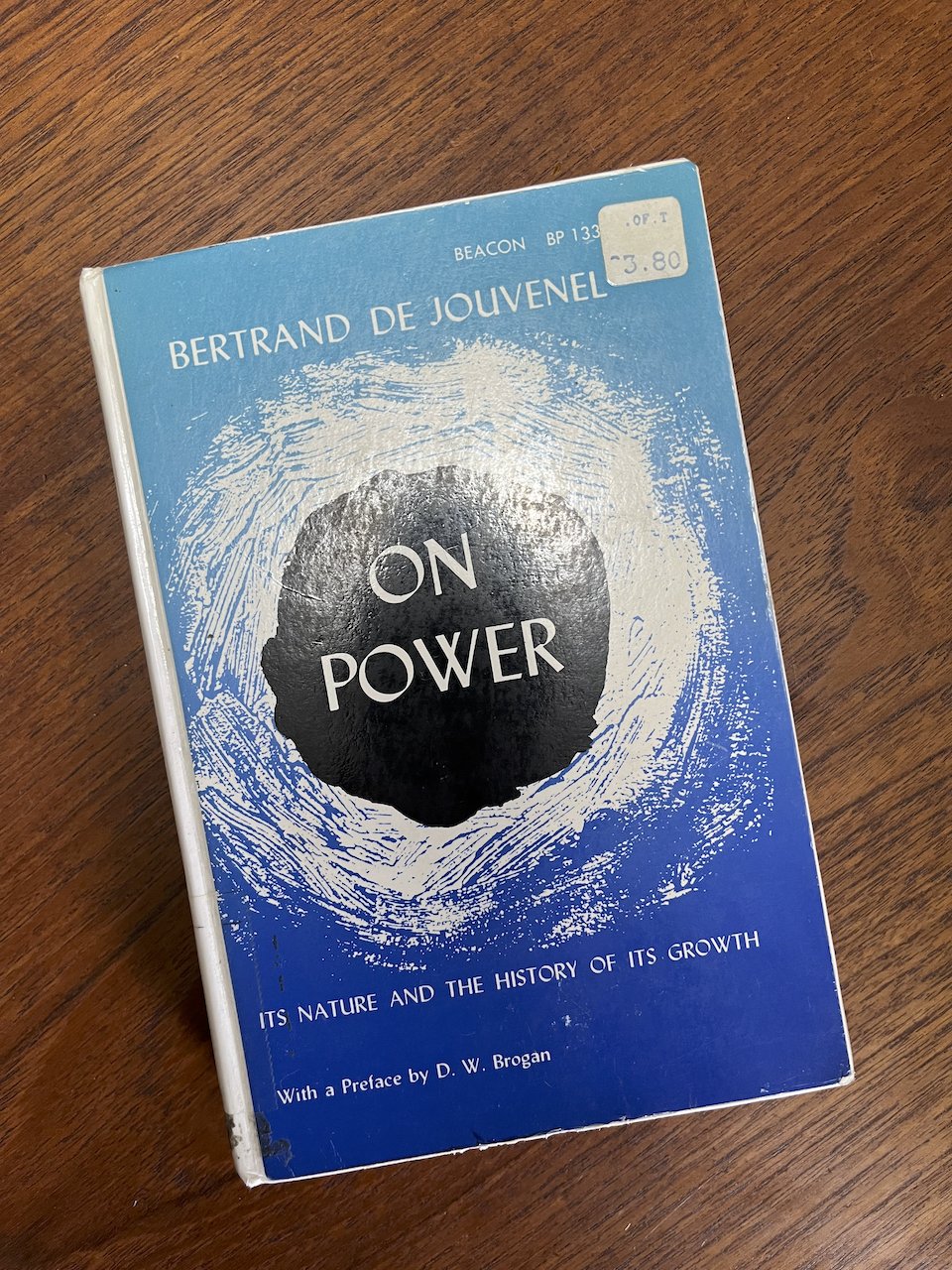A poignant and illuminating experience. The trenchant prose shines with wisdom.
Man, in love with himself and made for action, rises in his own esteem with every extension of his personality and multiplication of his faculties. The leader of any group of men whatsoever thereby feels an almost physical enlargement of himself. His nature changes with his stature. … He is the man of destiny.
Command is a mountain top. The air breathed there is different, and the perspectives seen there are different, from those of the valley of obedience. The passion for order and the genius of construction, which are part of man’s natural endowment, get full play there. The man who has grown great sees from the top of his tower what he can make, if he so wills, of the swarming masses below him.
Are the ends which he sets before himself for the weal of society? Possibly. Are they in conformity with his desires? Often. And so the leader easily convinces himself that his one ambition is to serve the whole, and forgets that his real motive-spring is the enjoyment of action and expansion.






